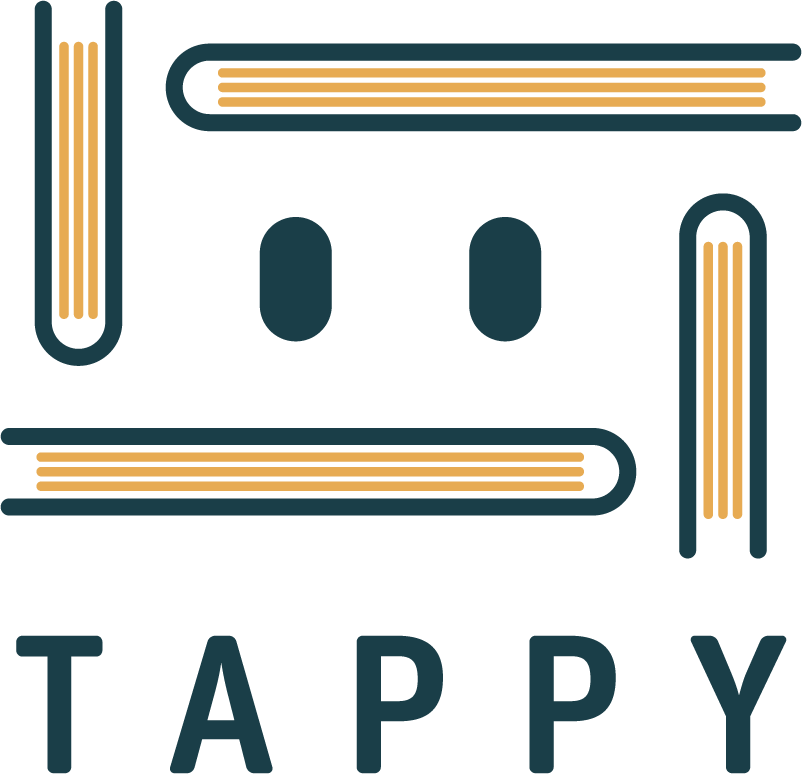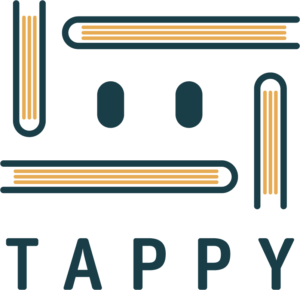In the heart of education lies a silent hero: the educator’s well-being. It’s the unsung element that fuels our passion, drives our teaching, and ignites our leadership. Yet, in the noble pursuit of nurturing minds, we often sideline our wellness. It’s time we bring it to the forefront with the Integral Life Wheel—a tool for holistic self-assessment and balance.
The Essence of the Integral Life Wheel: The Integral Life Wheel isn’t just a concept; it’s a reflective mirror. It segments life into nine spheres, each representing a core aspect of our human experience—emotional, financial, social, professional, intellectual, physical, environmental, spiritual, and recreational. For educators, it’s a call to introspect and harmonize these spheres, ensuring that we’re not just educators by title but educators in spirit, mind, and body.
The Nine Spheres in Depth:
- Emotional Well-being: Emotions color our perceptions. For educators, emotional intelligence is paramount. It’s about navigating our feelings to build resilience, foster empathy, and create supportive learning environments. Reflect on how you manage stress, interact with colleagues, and remain present for your students.
- Financial Stability: Financial health is often a silent stressor. It’s about finding security and making informed choices that align with our goals and responsibilities.
- Social Connections: We are social beings. Our relationships with family, friends, and colleagues contribute to a sense of belonging and purpose. Reflect on how you nurture these connections and the role they play in your life as an educator.
- Professional Fulfillment: Professional life is more than a job; it’s a calling. It’s about growth, impact, and satisfaction. Evaluate your career trajectory, professional relationships, and the impact you aspire to have.
- Intellectual Growth: A commitment to lifelong learning keeps the mind sharp. It’s about curiosity, innovation, and critical thinking. As educators, we must model the love of learning we wish to instill in our students.
- Physical Health: A sound mind in a sound body isn’t just a proverb; it’s a practice. Physical health includes nutrition, exercise, and rest. It’s essential for the energy and stamina required in education.
- Environmental Harmony: Our surroundings influence our mood and productivity. A harmonious environment—be it at home or work—can enhance well-being. Reflect on how your spaces foster comfort and inspiration.
- Spiritual Peace: Spirituality transcends religious connotations; it’s about finding meaning and connection. For some, it’s faith; for others, it’s mindfulness or a connection with nature. It’s about what centers and grounds you.
- Recreational Joy: Joy rejuvenates. It’s found in hobbies, leisure, and play. It’s crucial to carve out time for activities that bring you joy, separate from your professional identity.
Applying the Wheel to Educator Life: To use the Integral Life Wheel, start by assessing your current state in each sphere. Where are you flourishing? Where do you see room for growth? The goal isn’t perfection but awareness and progress. It’s about creating a life that’s as rich and exciting as the subjects we teach.
The Integral Life Wheel is itself a compass for our journey. It encourages us to look within and align our practices with our deepest values. As educators, we owe it to ourselves and our students to be the best versions of ourselves—balanced, fulfilled, and whole.



Leave a Reply